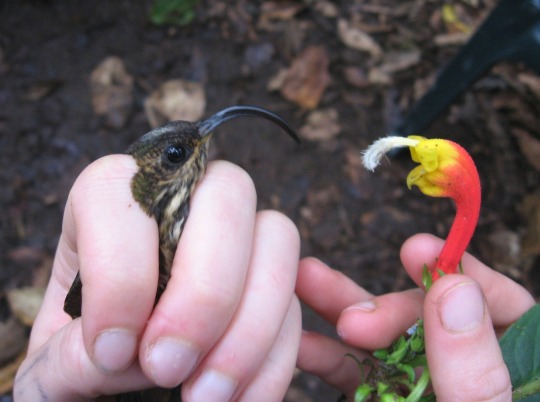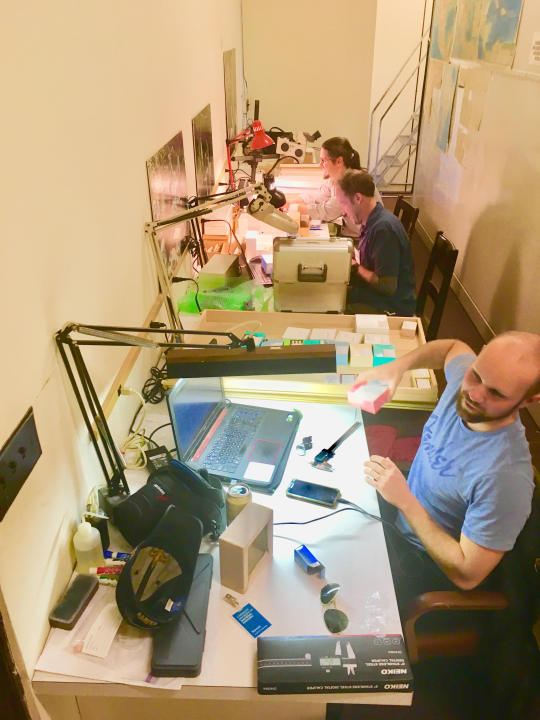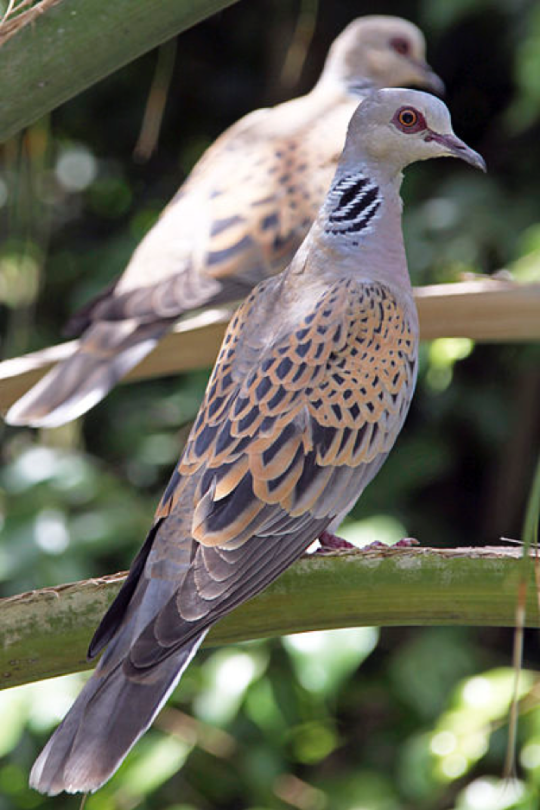Thomas Robert Malthus penned an essay on population growth in 1798 that mathematically demonstrated the relationship between food and human population. Malthus argued that whenever food supply increases, population rapidly grows to eliminate the abundance resulting in perpetual human suffering unless we control human population. From bacteria growing in a petri dish to lynx feeding on hares, Malthus’ essays on the principle of population are essential tools to ecologists forecasting population changes relative to resources. Malthus’ ideas also greatly influenced the early architects of the theory of evolution and sparked a great deal of debate on the improvement of society, birth rates, and forced sterilization. In fact, Malthus’ work is usually taught with care in today’s classrooms and museums because of its role in the development of eugenics and policies that violate human rights.
Malthus died almost 200 years ago, but his legacy continues to appear in debates on sustainability and to inspire apocalyptic plots in science and popular culture. One of the best-known Malthusians was Charles Dickens’ character Ebenezer Scrooge, a miserable old man who suggested that the poor ought to perish sooner rather than later to “decrease the surplus population.” Another example is Aldous Huxley’s novel Brave New World, which was based on a society where people were mass produced using in vitro technology to precisely control the population and people wear their contraception on so called “Malthusian belts.” And, today, Malthus’ latest incarnation comes as the supervillain Thanos in Avengers: Endgame, the next film from the Marvel Cinematic Universe. Over the course of many films, we follow Thanos on a Malthusian mission to wipe out half of all living things to achieve a “perfect balance” in the universe and to eliminate suffering caused by limited resources, a hard choice requiring Thanos’ strong will.

Despite the fact that wildlife populations repeatedly demonstrate Malthus’ principles of resources and population growth followed by population crashes, nearly all predictions of human suffering forecasted by Malthusians have been proven wrong. The world has generally gotten better with less human suffering as quality of life rises every year since Malthus’ first predictions. For decades apocalyptic predictions by biologists who studied butterflies and bacteria have not been realized because there was no way to account for the innovative abilities of human beings. We humans have radically altered our population and quality of life with inventions like vaccines and chemical fertilizers. Of course, population size and growth underlie nearly every measure of environmental impact in existence, but our ingenuity as a species has tended to prevent human suffering at the apocalyptic scales predicted by Malthusians.
When it comes to innovation for solving big problems caused by human population size and growth, like climate change and extinction, diversity matters. Unlike the world Malthus knew 200 years ago, the source pool for innovative solutions consists of over 7 billion people and includes women, people of color, and others who have been historically suppressed. Diversity leads to more creative and more novel solutions to problems; this has been proven in ecosystems with high amounts of biodiversity, companies with diverse workforces, and, maybe, diverse teams of superheroes defeating Thanos. In the upcoming battle for balance in the Marvel Cinematic Universe, diversity in numbers may be their greatest strength. Is diversity in numbers our greatest strength for solving our biggest problems, like climate change and extinctions?

As far as decent ways to balance birth and death on our finite planet, the best strategy seems to be liberating girls and women around the world. In fact, family size shrinks, and quality of life almost always improves when girls are allowed to go to school, when women are allowed to earn money, and when contraceptives are available. Equity for women worldwide sounds like something we can all support regardless of our current planetary boundaries.
Chase Mendenhall is Assistant Curator of Birds, Ecology, and Conservation at Carnegie Museum of Natural History. Museum employees are encouraged to blog about their unique experiences and knowledge gained from working at the museum.



